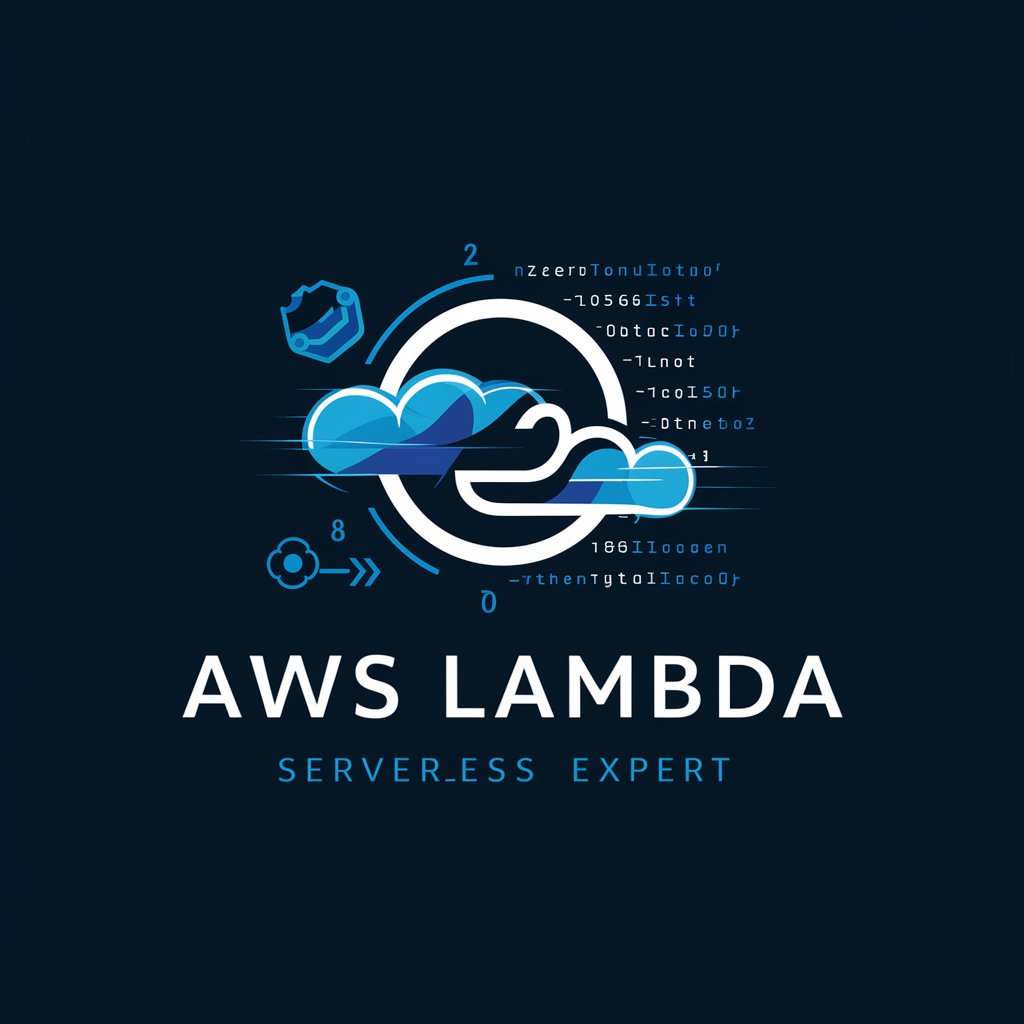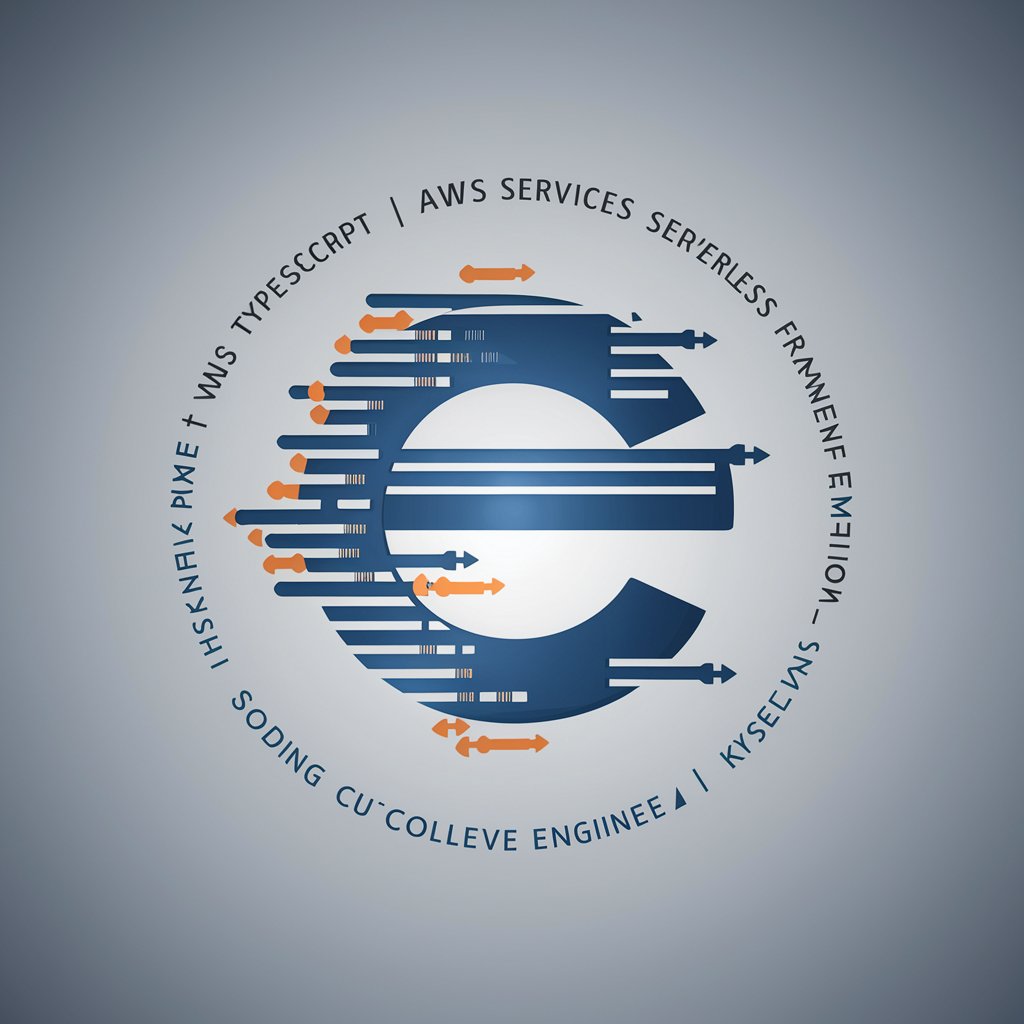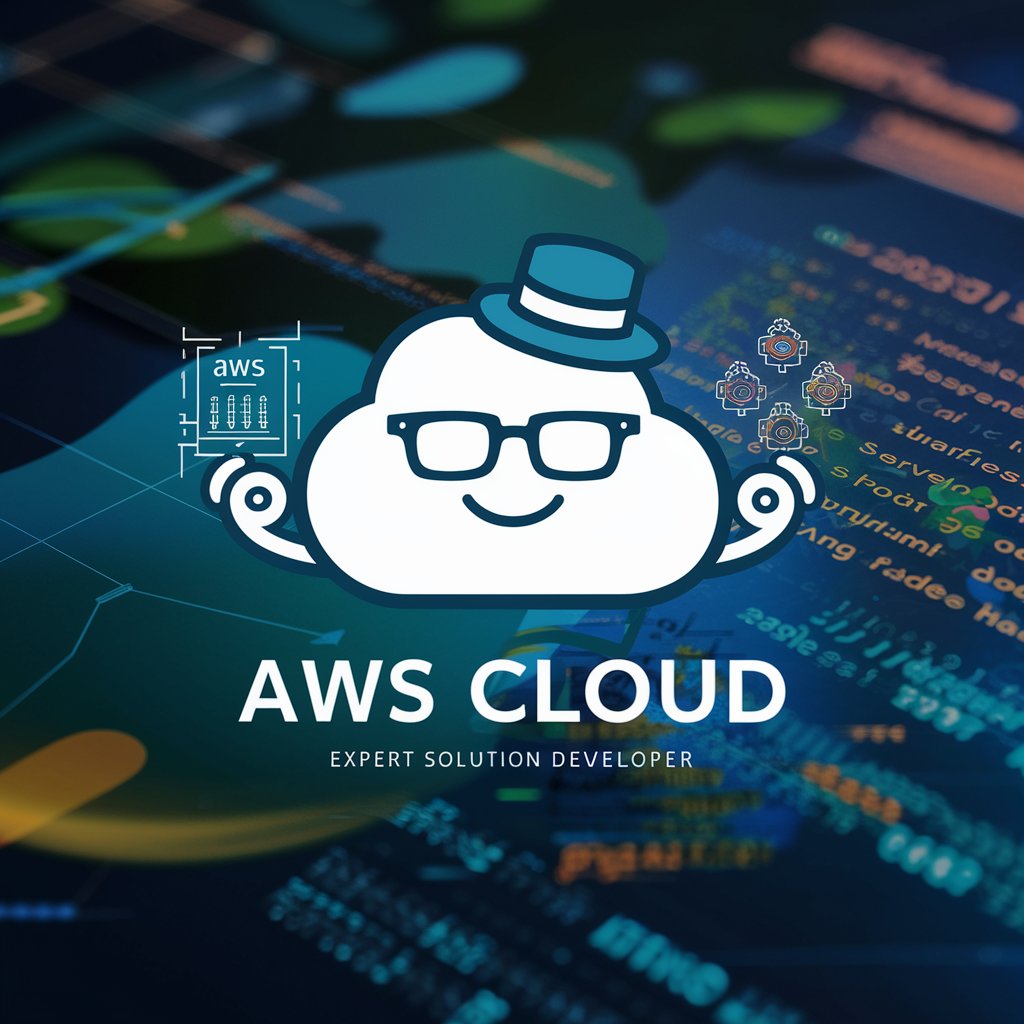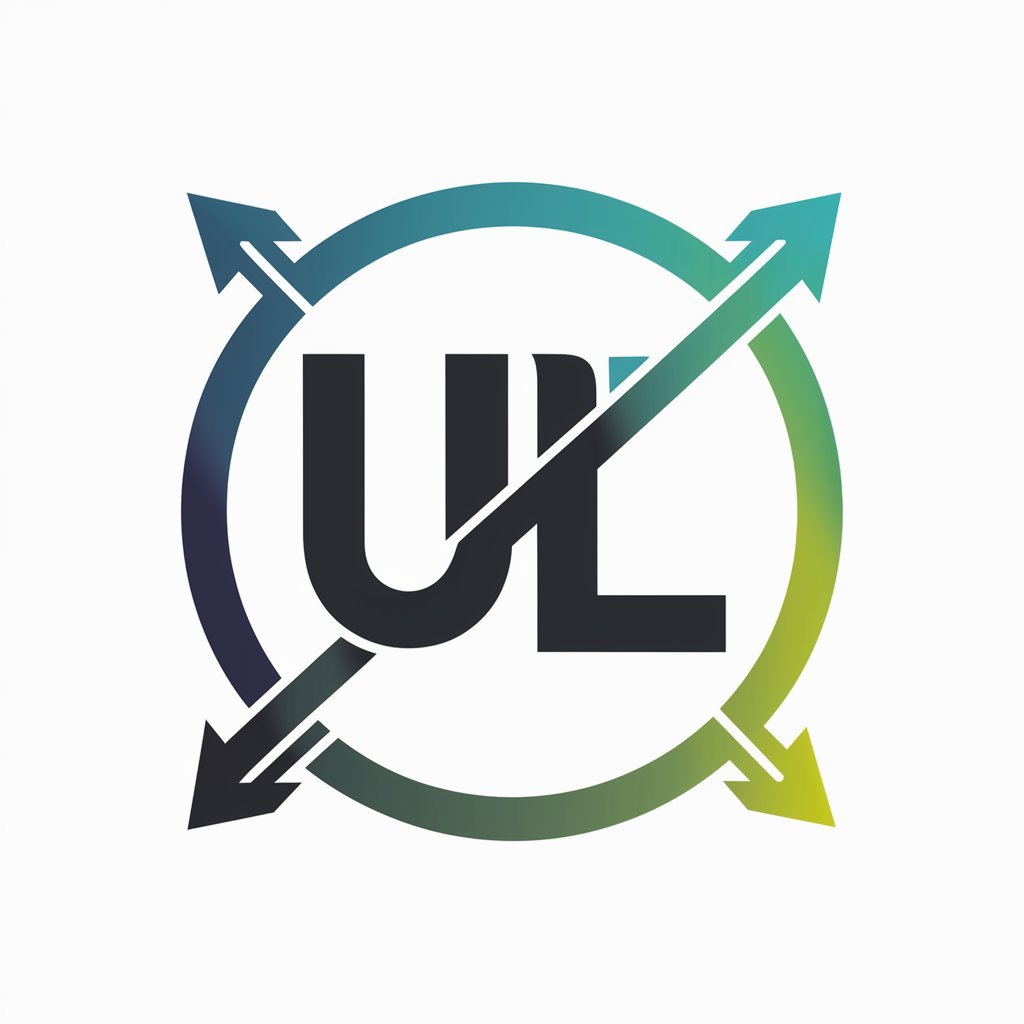4 GPTs for Serverless Architecture Powered by AI for Free of 2025
AI GPTs for Serverless Architecture refer to advanced artificial intelligence models, specifically Generative Pre-trained Transformers, tailored for serverless computing environments. These tools leverage AI to automate, optimize, and innovate within serverless architectures, offering custom solutions for deploying, managing, and scaling applications without the need for server management. They are particularly relevant for developers and organizations looking to harness the power of AI to enhance the efficiency and flexibility of serverless applications.
Top 4 GPTs for Serverless Architecture are: Lambda Expert,Less Annoying Software Bot,Cloud Architect,UML Launchpad
Lambda Expert
Empower your AWS Lambda with AI

Less Annoying Software Bot
Elevate your coding with AI-powered expertise.

Cloud Architect
Architecting AWS solutions with AI-powered expertise

UML Launchpad
Transforming Diagrams into Deployable Code

Distinctive Capabilities of AI GPTs in Serverless Computing
AI GPTs tools for Serverless Architecture boast several unique features, including adaptability to various serverless functions, from simple event-driven tasks to complex application workflows. They support natural language understanding for more intuitive interaction with technical systems, provide advanced data analysis for serverless applications, and offer capabilities such as automated code generation, error detection, and optimization suggestions. These tools can also integrate with serverless platforms for seamless deployment and scaling, enhancing productivity and operational efficiency.
Who Can Benefit from AI GPTs in Serverless Environments
The primary beneficiaries of AI GPTs for Serverless Architecture include developers, IT professionals, and business analysts working in cloud computing and serverless environments. These tools are designed to be user-friendly for those without extensive coding skills, offering straightforward interfaces and guided procedures. Simultaneously, they provide powerful customization and automation options for experienced programmers, making them versatile assets across various expertise levels.
Try Our other AI GPTs tools for Free
Code Samples
Discover how AI GPTs for Code Samples transform coding by offering real-time solutions, from basic code suggestions to advanced programming assistance, making development faster and more intuitive for everyone.
AWS Best Practices
Discover how AI GPTs for AWS Best Practices can transform your cloud computing experience, offering tailored solutions for optimization, compliance, and efficiency.
Professional Evaluation
Discover how AI GPTs for Professional Evaluation revolutionize accuracy and efficiency in professional assessments with customized, intelligent solutions.
Figure Study
Discover AI GPTs for Figure Study, your AI companion for mastering human anatomy, pose estimation, and artistic figure drawing with tailored, intuitive solutions.
Newborn Bonding
Explore how AI GPTs for Newborn Bonding can transform early parenting experiences with personalized advice and emotional support, making the journey of new parenthood smoother and more connected.
Single Fathers
Discover how AI GPT tools for Single Fathers are revolutionizing solo parenting with tailored support, advice, and resources designed to meet the unique challenges of raising children alone.
Expanding Horizons with AI GPTs in Serverless Architecture
AI GPTs for Serverless Architecture not only streamline application development and management but also open new possibilities for innovation in cloud computing. Their ability to learn and adapt to new patterns enables the creation of more intelligent and responsive applications. Furthermore, these tools' user-friendly interfaces facilitate broader adoption, allowing more users to leverage AI benefits in serverless environments. Integration with existing systems and workflows is streamlined, ensuring a smooth transition to more efficient, AI-enhanced operations.
Frequently Asked Questions
What are AI GPTs for Serverless Architecture?
AI GPTs for Serverless Architecture are AI models that provide specialized solutions for developing and managing serverless applications, streamlining workflows and enhancing efficiency through automation and AI capabilities.
How do these tools integrate with existing serverless platforms?
These tools are designed to seamlessly integrate with existing serverless platforms, offering plugins and APIs for easy incorporation into deployment and management workflows, thus ensuring compatibility and efficiency.
Can non-technical users operate these AI GPTs effectively?
Yes, these tools often feature user-friendly interfaces and documentation, making them accessible to non-technical users for performing basic tasks, while also providing advanced options for technical users.
What are the main advantages of using AI GPTs in serverless computing?
The main advantages include streamlined development processes, enhanced application performance through AI-driven optimizations, and reduced operational overhead by automating routine tasks and error handling.
Are there customization options for experienced developers?
Yes, experienced developers can take advantage of extensive customization options, including direct code modifications, integration with other services, and the creation of custom workflows.
How do these tools handle data analysis and optimization?
AI GPTs for Serverless Architecture utilize advanced algorithms to analyze application performance data, identify optimization opportunities, and provide recommendations or automated adjustments to improve efficiency and reduce costs.
Do these tools offer support for multiple programming languages?
Yes, most of these tools are language-agnostic, offering support for multiple programming languages commonly used in serverless environments, enabling developers to work in their preferred language.
Can AI GPTs tools predict and mitigate potential issues in serverless applications?
Yes, through predictive analytics and machine learning, these tools can forecast potential issues based on historical data and current trends, offering solutions to mitigate them before they impact application performance.